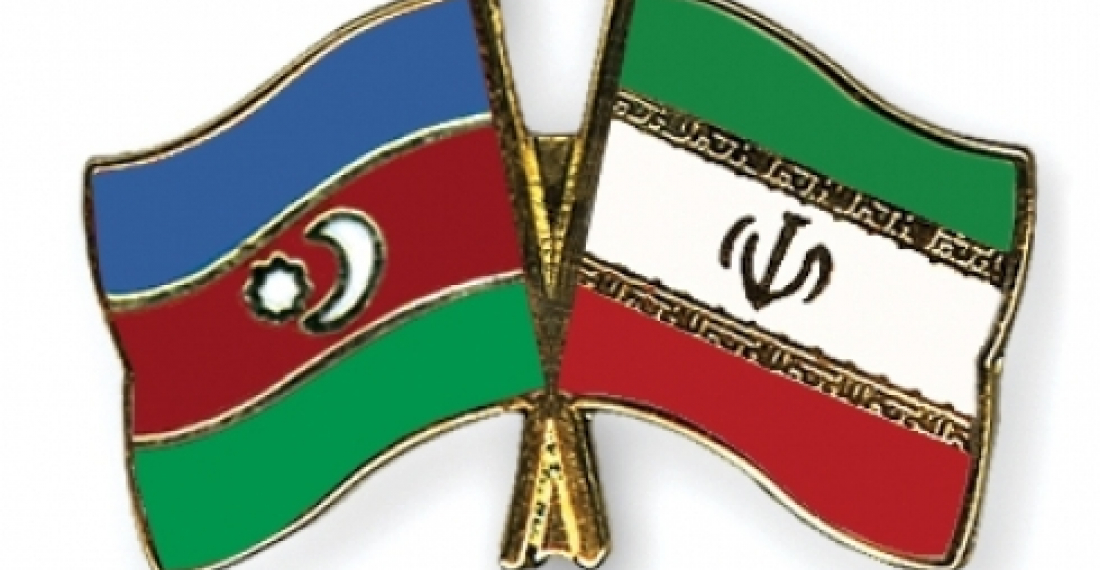For several months already Azerbaijan and Iran have been in a state of "cold war." The arrest of the leader of the Islamic Party of Azerbaijan, the detection of a ramified network of Iranian spies in Baku and the response criticism of Ilham Aliev's policy are all links of the same chain,
"The tension between the two countries is growing, and the call by a group of Azeri MPs to rename Azerbaijan into North Azerbaijan is part of the Azeri-Iranian confrontation. The Azeri leaders are quite critical of Iran's policy, but they will hardly be among the activists of the anti-Iranian campaign. Their actions are mostly situational. Aliyev is hardly willing to slam the door in Iran's face. He will be vigilant and will try to play it safe. As regards MPs, they have mostly the same role in Azerbaijan, Armenia, Georgia and Turkey, i.e. to send out feelers," the expert said.
He believes that the key factor causing the tension is Iran's non- flexible policy. In the meantime, Azerbaijan is heading for a choice: who to be with. Iran, with its big Azeri minority, will hardly want to see Azerbaijan in the hostile camp and is therefore showing a stick and carrot attitude. One more factor is the Caspian Sea: Iran not only objects to the Caspian Convention but also warns that the war will give Azerbaijan nothing but problems.
For several months already Azerbaijan and Iran have been in a state of "cold war"
For several months already Azerbaijan and Iran have been in a state of "cold war"







